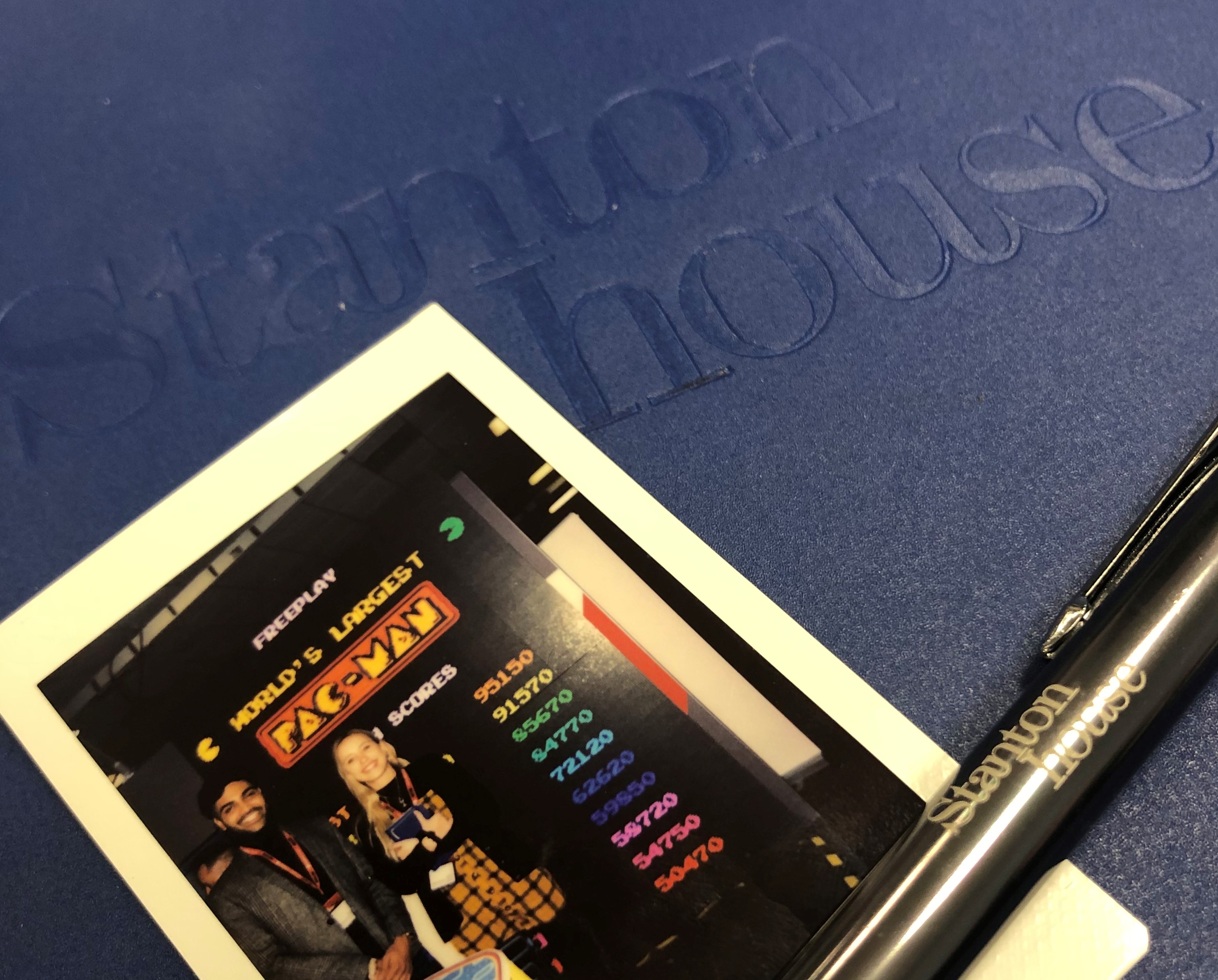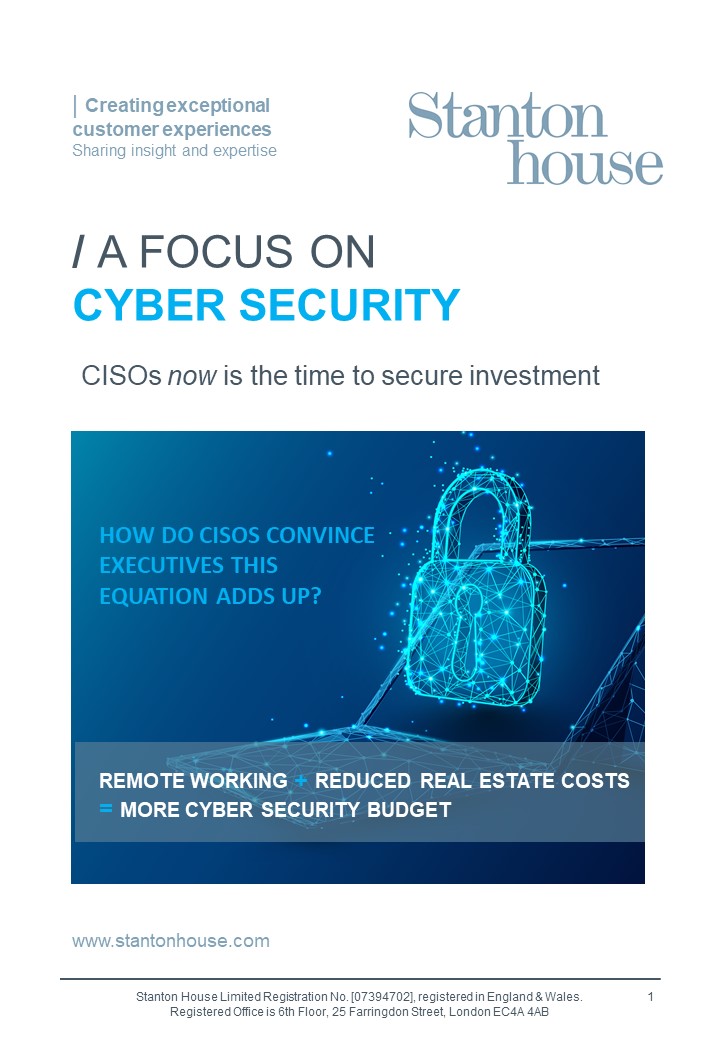
Posting date:
18 Nov 2019
With an increased awareness in the protection and abuse of our personal data, it’s now commonplace to find the words ‘ethical’ and ‘moral’ thrown into everyday conversations about data but, while we need to be having this conversation, do we all understand what it means?
The debate about ethics is vital. As technology professionals we carry a responsibility to not just protect the data we come into contact with but also reassure the professionals, consumers and spectators that sit outside of the industry – that we’re the good guys.
But, what I find fascinating is not perhaps the debate itself but rather, the disparity in definitions of ‘Ethical Data’ and how drastically they can differ.
I started thinking about this almost a year ago when we produced our first tech-focused white paper on the Human Face of Data Science. It was an interview with former Data Science lead at NASA, Adi Andrei who really got me thinking about this human side of data, not just the humans effected by poor use of data but how the philosophy of it can have a huge impact on society.
He spoke about the fear-factor of data and how implications of roles being replaced with robots does nothing to help our economy, instead it produces resentment to innovation and leaves professionals questioning their survivability in a modern age.
Adi suggested that we as professionals have a responsibility to promote technology as an empowering tool and not a debilitating one. He also spoke about the responsibility he has as a Data Scientist to work solely with ‘ethical companies’. This means not working with organisations who abuse the data you waive the rights to or who abuse your behavioural traits and translate them into profit.
While this seems like a simple explanation of ‘Ethical Data’ some people have very different definitions. Some for instance believe that by simply delving into this data, without using it, is unethical as it abuses the privacy of its owner but I’m not sure I agree with this one.
For me, that’s the magic of data, being able to delve into the behavioural habits behind spending and the psychology behind clicks to come up with the answers to a whole host of things - but this doesn't mean it has to be abused. I agree with Adi that we all have a responsibility to be ethical, righteous and sensitive with the data that falls in our laps but that shouldn't have to restrict us.
I attended Big Data LDN this week and was wowed by some of the incredible technology and tools on display – a giant Pac Man amongst other things – but the thing that really blew my mind was a company called TIBCO which through analytic insights is able to monitor Lewis Hamilton as he is driving. The behaviours and decisions behind the manoeuvres in order to present him with different ways to drive faster, push harder and be better. This for me was magic but others may deem it as unethical.
I’d like to hear your thoughts on ‘Ethical Data’ – what does it mean to you?
Similar blogs

Insight papers
We take great pride in being able to share expert knowledge and having an opinion on the topics that will impact your hiring success or professional career.
Explore and download our recent insight papers.




